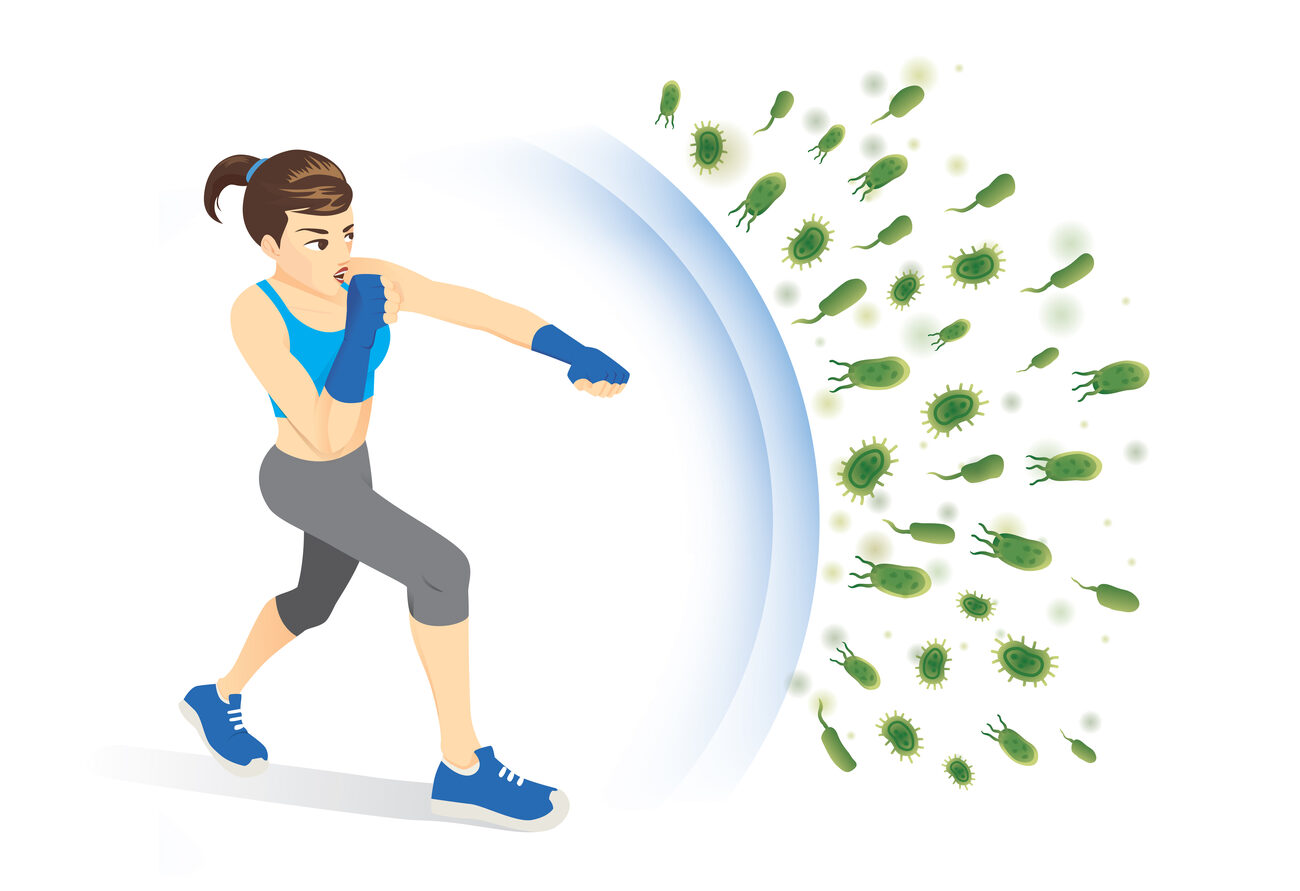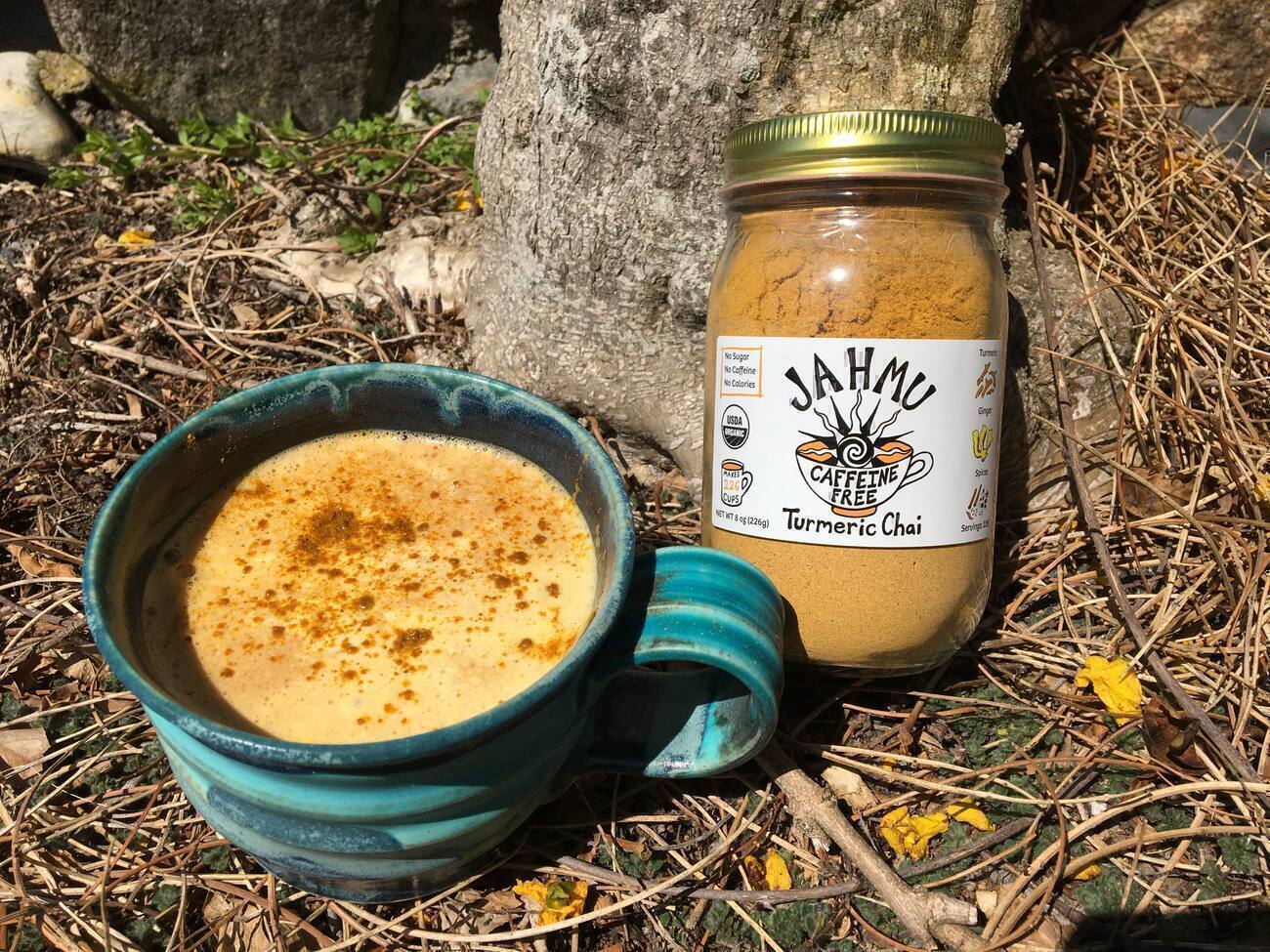We’ve got the masks. The gloves. The face shields, UV wands, and all our other external gear. But let’s talk about staying well from the inside out.
There are a lot of homeopathic claims out there—this year more than ever as we fight our way through flu and cold season to get back to our regularly scheduled programming of COVID season. It can be confusing navigating all of the health and wellness claims out there … but that’s what we’re here for! Find out what all the vitamins, minerals, and hype is all about with this handy guide to supplements that will help you naturally boost your immunity as you travel safely.
Vitamin A
Also known as retinol, this is the vitamin that has made moms through the ages insist you eat your carrots for your eyes. It’s a nutrient that supports vision, but also your immunity. It has antioxidant properties, but they’re not as powerful as if you were to just eat the carrot. This vegetable and other foods rich in beta-carotene will support your needs without supplementation, which you should be careful with since there are side effects if you go overboard and contraindications with medication.
Vitamins B-6 and B-12
Feeling fatigued? Let’s be real … who isn’t, during these pandemic years? That’s when you can lean on the B team of 6 and 12 to contribute to energy levels if the rest of your bodily functions are feeling less than A+. B-6 helps your red blood cells carry adequate oxygen to your tissues and help keep your nervous and immune systems healthy. B-12, on the other hand, helps boost your mood, helps your red blood and other cells form and stay active, and more. Best of all, there’s no risk to taking more. Your body passes excess out naturally, absorbing exactly as much as it needs.

Vitamin C
This is the big one—everyone knows about the benefits of the mighty C as related to immunity. Ascorbic acid helps your body heal, which helps it recover from illness and fight off rude and germy interlopers. It’s also an antioxidant that shields you from free radicals as well as helps your body absorb and store iron. And back in the day, it was the one and only way to get rid of scurvy, which is actually caused by a deficiency in C. Too much can upset your stomach, though, so don’t overdo it. There are also a couple of prescriptions it reduces the effect of, so check with your doctor before going on a vitamin C overload. However, a little Ester-C before you travel or some Emergen-C or Airborne at the first hint of a sniffle can be that ounce of prevention that’s worth a pound of cure.
Vitamin D
Specifically, D3. Everyone knows D is great for your bones, since it helps you absorb calcium, but not everyone knows that it’s a natural anti-inflammatory, antioxidant, and has neuroprotective properties that also support immune health. Unlike many other vitamins, though, it’s not naturally occurring in a lot of foods … but it is in that beach vacation sunlight! It sounds funny, but your body makes vitamin D all by itself when direct sun converts a chemical in your skin to the active calciferol. But if you can’t get away right now, go ahead and pop the supplement, particularly during these dark winter days, if your existing medication regimen allows it.
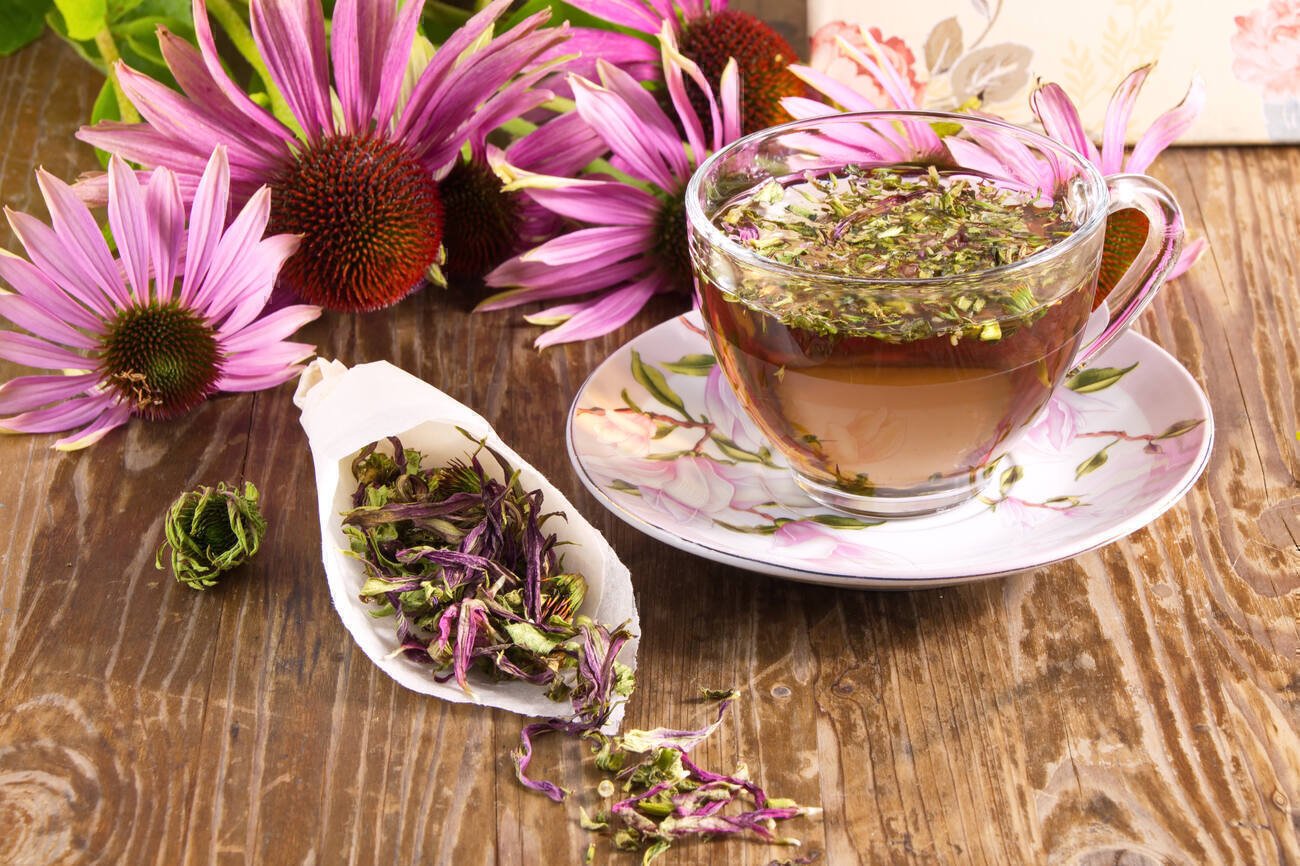
Echinacea
Also known as a coneflower, this purple blossom has been touted for years as a herbal remedy that can help shorten the duration of a cold by a precious day or so and might work to reduce symptoms. How effective it can be is likely related to extract concentration, quality, and species. You’ll want to take it during the duration of your cold, up to ten days, but start it ASAP. Drink it in tea blends (the most palatable, nose-clearing method, we think!), take it as a dry powdered extract (like in a capsule), or liquid extract tincture.
Elderberry
People talk about COVID being like the flu … so why not treat its symptoms the same way? Elderberry is a popular folk remedy for battling those pesky discomforts. It comes from a flowering shrub native to North America and Europe, and its fruits and flowers have been used to treat pain and fever for hundreds of years. More recently, in 2011, a lab study showed its extract to be effective at preventing the growth of certain types of strep bacteria and flu, while a 2018 review reported that it was helpful for relieving upper respiratory problems such as a drippy or congested nose and cough However, whatever you do, don’t eat them raw! The berries can be toxic. Buy elderberry as a gummy, lozenge, syrup, or supplement, or drink it as a tea. Better yet, have it as jam, in sauce, or in a pie. That won’t be for your health, but it sure is delicious for fun!
Fermented Food
A happy gut is a happy human, and fermented foods have stolen headlines on this premise for the past several years. For those unfamiliar, fermented foods are ones were bacteria and yeast break down sugars in ingredients, which aids with digestion, primarily, and immunity second. Sauerkraut, kombucha, kefir, kimchi, miso, tempeh, natto, and high probiotic yogurts are all fermented, and bustling with live and active cultures that fizz around happily in your digestive tract, moving things along while also actively fighting viruses, as recent studies have indicated. These little guys increase your microbiome diversity, which works to improve your immune response as well.
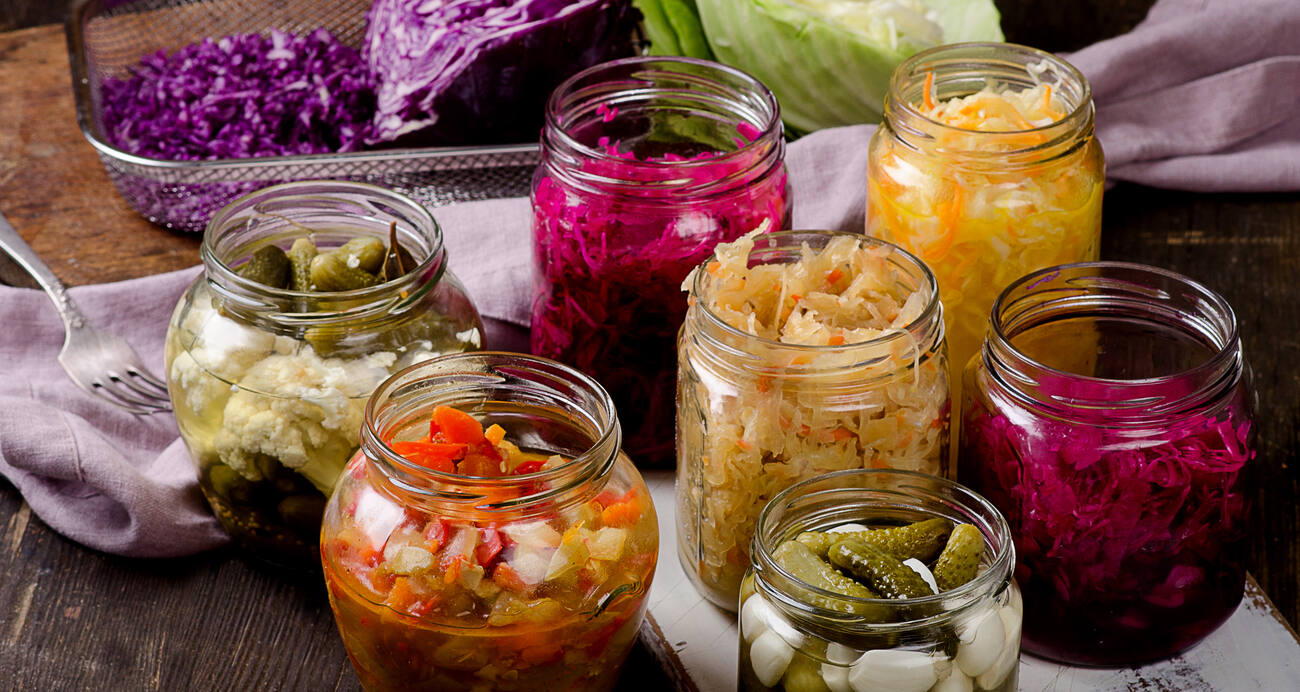
Functional Fungi
Adaptogens are all the rage right now, and immune-supporting mushrooms now are, to many, the difference between being a sad guy who doesn’t feel well and a fun guy in tip-top shape. In this category, there are cordyceps, lion’s mane, shiitake, turkey tail, and maitake, but these are only a handful of over 270 species that are purported to boost your resistance to sickness and stress. Many have shown to be particularly good at reducing bacterial load in the lungs, specifically, and giving your white blood cells a little more lift. Tinctures, teas, supplements, beverage mixes, and even protein bars have begun to tout the use of powdered ‘shrooms for your health.
Garlic
Antiseptic, antifungal, and antibacterial, this allium’s powers shield you against more than vampires! It’s reported to play a role in helping the body resist or even destroy viruses, infections, and kick out pesky microorganisms you don’t want floating around in you. It’s the allicin compound in it that gives the bulb its power. This converts into other sulfur-containing compounds when crushed, chewed, sliced, or otherwise broken down, and eating it regularly has been proven to reduce the risk of getting a cold by 63%! Just make sure you let it stand for 10 minutes before cooking with your broken down garlic. If cooked whole or microwaved, you can deactivate its superpower, which is heat-sensitive. Aged garlic extract, however, works best if you want to go the supplement route.
Ginger
Used since ancient times to quell nausea, help ward off illness, and boost the immune system, this root is chock-full of antioxidants and potent anti-inflammatory compounds. Studies have proven it to have an effect on several inflammatory conditions, making its sharp bite worth all the bark. This property keeps your immune system from dealing with chronic inflammation, which makes you more susceptible to illness. Its antiviral and antibacterial properties are also nothing to sniff at, especially as it fights against respiratory infection-causing viruses. And you don’t need a lot of it—ginger shots are consumed in just a swig or two since they’re rather spicy. It’s often mixed with honey and lemon, both of which also have similar bug-busting effects.
Goldenseal
This North American plant has been an East Coast favorite for infections and inflammation since it was first used by Native Americans, and its roots and leaves have become one of the most popular herbal remedies across the globe. The reason for this is its richness of alkaloid compounds, which have antibacterial and anti-inflammatory properties that can help with sinus infections, upper respiratory tract infections, colds, and more. Just make sure you’re getting the real thing—it’s expensive, which is why there are a lot of knockoffs that sub in Chinese goldthread or goldenseal, Oregon grape root, barberry, or yellow root. These also have berberine, which is what makes goldenseal effective, but not hydrastine or canadine, which is what makes it powerful.
Holy Basil
Fragrant and delicious, whether it’s Thai, Genovese, or lemon, basil is a global boon. But holy basil, a sacred herb in Indian culture, has been linked to powers that go beyond the norm. Studies have shown that this variety can inhibit the growth of various yeast, molds, and sickness-causing bacteria, and increase certain immune cells found in the blood.
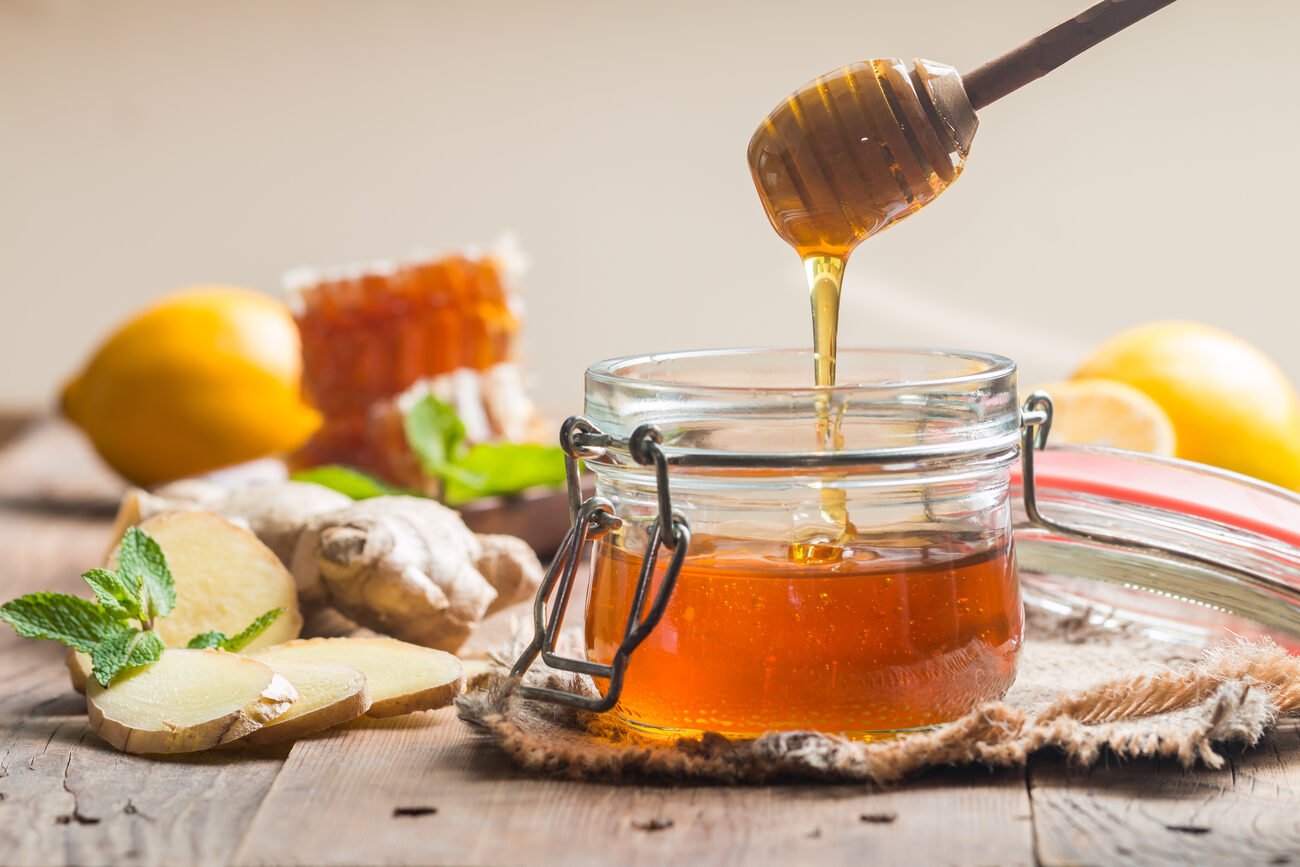
Honey
Did you know honey is a natural antibacterial? Topical use promotes the healing of wounds and burns, but consumption has its own slew of pros. Never has a natural cure tasted as good as this sweet, sticky substance, which has been related to reducing risk of heart disease, relief of gastrointestinal disease, and neurological benefits. That’s on top of the cough suppression it’s well known to provide, and antioxidant and anti-tumor properties, all of which work to build up the strength of your immune system.
Licorice
No, not those sticks of Red Vines or Twizzlers! But actual licorice root can help protect against viral infections … including COVID. In fact, its active substance glycerrhizin has exhibited activity against this disease specifically. Although this was only a test tube study, medicinal use of this plant dates back to ancient Egypt, and is common in traditional Chinese, Middle Eastern, and Greek medicine for sore throats, upper respiratory issues, upset stomach, and inflammation.
Prebiotics & Probiotics
We’ve known about probiotics for years—those microscopic, friendly bacteria that live in yogurt and fermented foods and work hard to keep your gut happy. And now, research has shown that taking them as a supplement can actually lower your chances of catching a cold, and reduce severity of symptoms should those germs break through your defenses! And now, prebiotics have become all the rage. What these are, are fibrous food for your pet probies. This helps them flourish and do their jobs well … and keep you well.
Rosemary
More than just for chicken or potato seasoning, rosemary’s active ingredient, rosmarinic acid, has been shown to suppress allergic responses, help clear up nasal congestion. Medical researchers have gone on record saying further study is needed, but it is an undisputed source of antioxidants and anti-inflammatory compounds … as well as delicious.
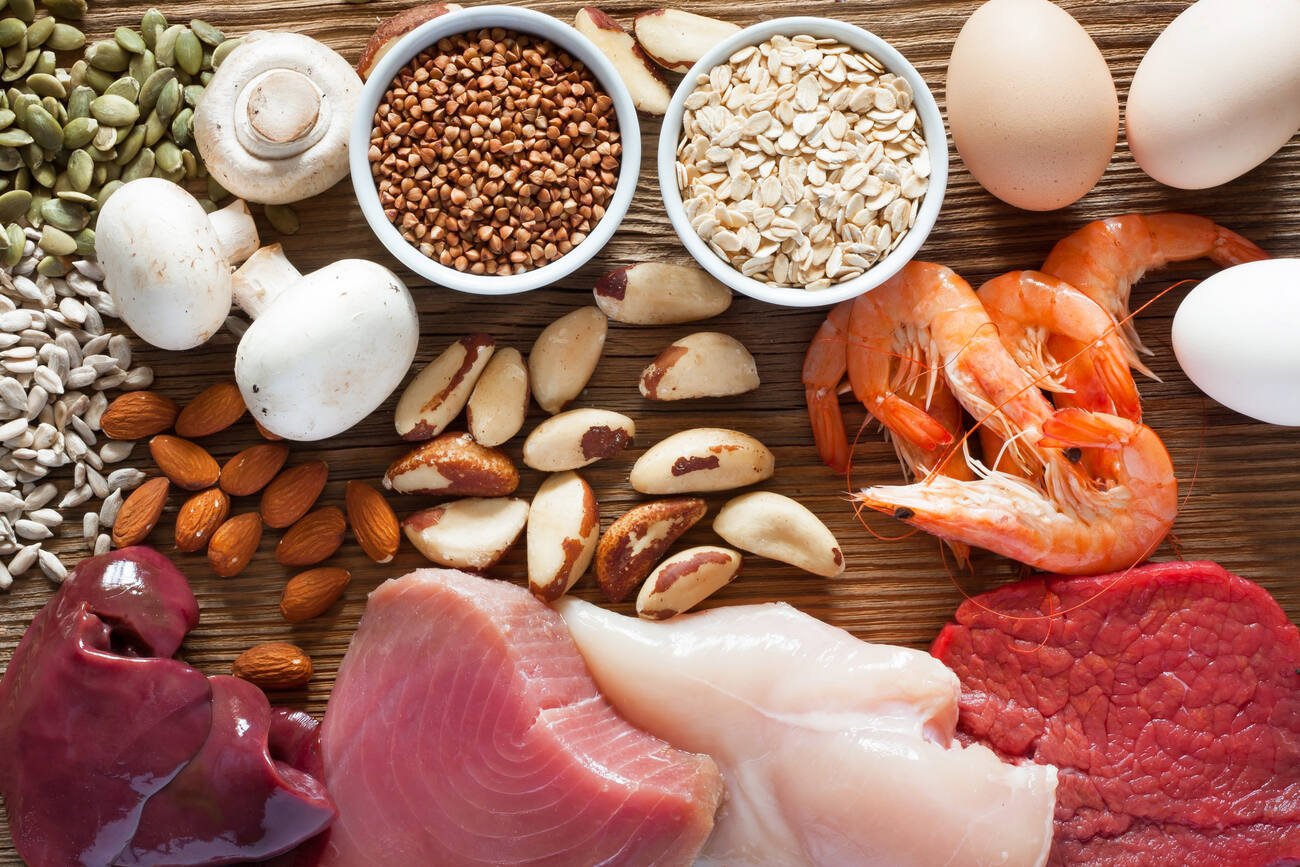
Selenium
This important mineral is essential for immune health, as well as normal growth, and may enhance antiviral defense against the flu. It’s naturally found in seafood, liver, lean red meat, Brazil nuts, rice, beans, and grains grown in selenium-rich soil … yet a billion people across the world have a demonstrated deficiency in this critical mineral, even though it’s tough to diagnose. That’s likely why it’s found in many multivitamins as a safeguard.
Turmeric
This bright yellow anti-inflammatory is important for its quantity of curcumin, a compound so powerful it has been reported to match the effectiveness of some anti-inflammatory drugs! And now, animal studies have indicated it may help to improve immune function, too. It’s a powerful antioxidant that fights oxidative damage while also boosting your own natural enzymes. You can add it to food, but it also comes in capsules you can just swallow. But be careful! It’s very staining.
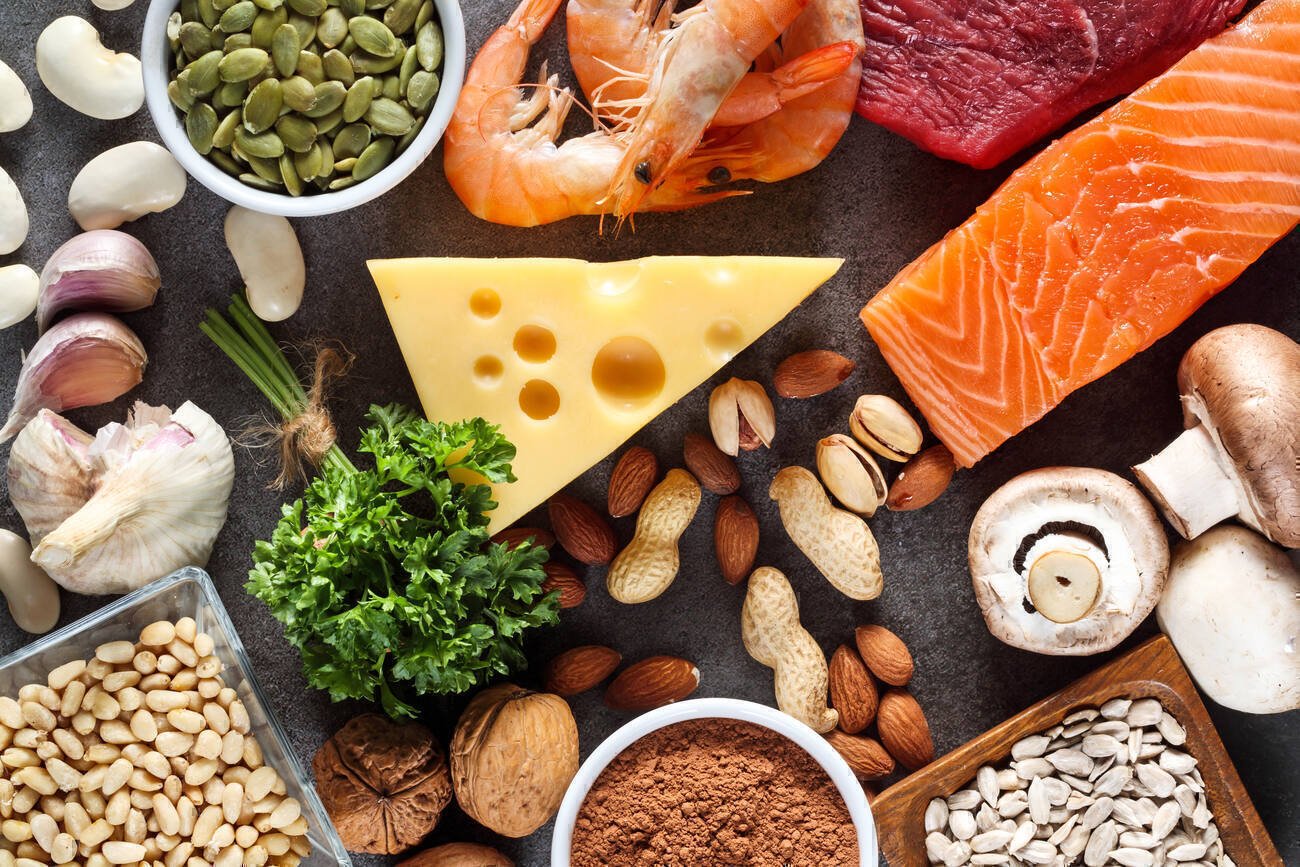
Zinc
When a study popped up back in 1984 about zinc’s effects on reducing the length of a cold, it was a big deal. Today, it still is, and you have plenty of options in the sniffles aisle from which to choose from. Keep this supplement on hand, as it’s most effective within the first 24 hours of first exhibiting symptoms, working immediately to prevent the rhinovirus from multiplying. Because it works on contact, the Mayo Clinic suggests that your best bet is to go for the lozenge or syrup form, which increases the chance of it “touching” any of those nasty bugs. But as much as it’s more effective to use it directly on mucous membranes, stay away from the nasal spray. It can cause a permanent loss of smell … and panic, since that’s become a notorious sign of COVID.
If you like this index, be sure to read Five Easy Ways to Amp Up Your Immunity! And keep an eye on our Lifestyle and Shareables sections here on TravelBlogue for lifestyle content that speaks to you.

